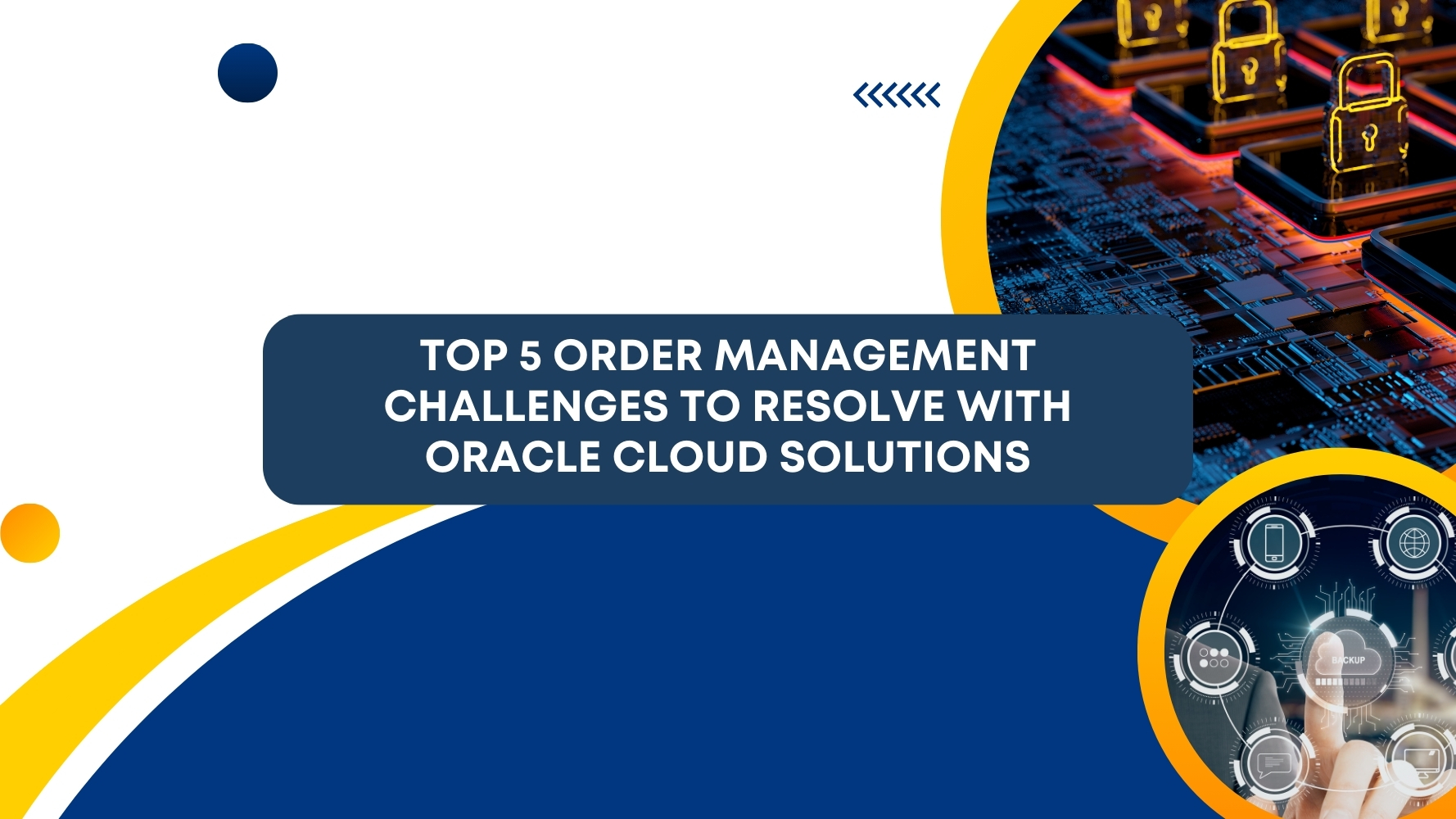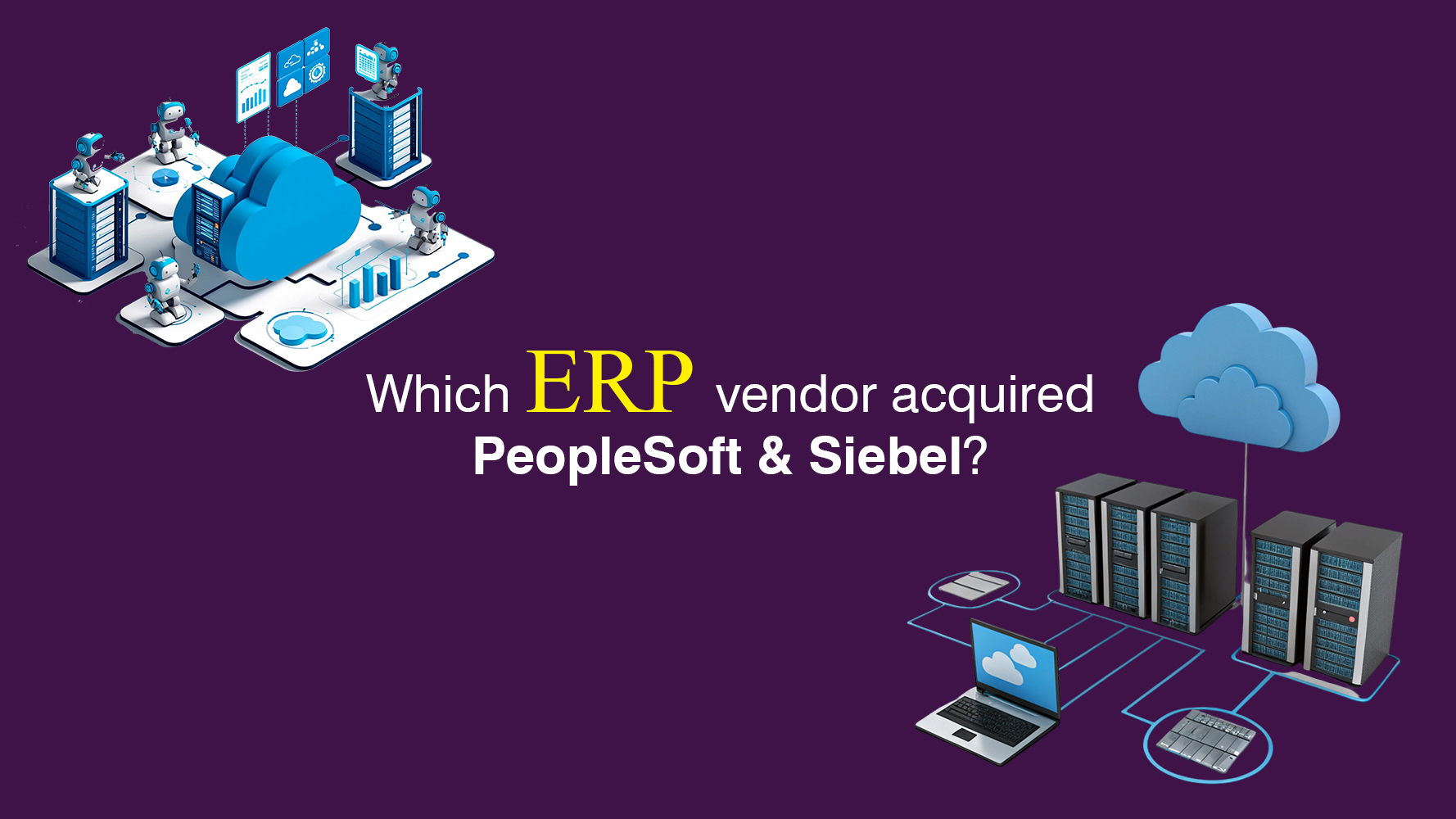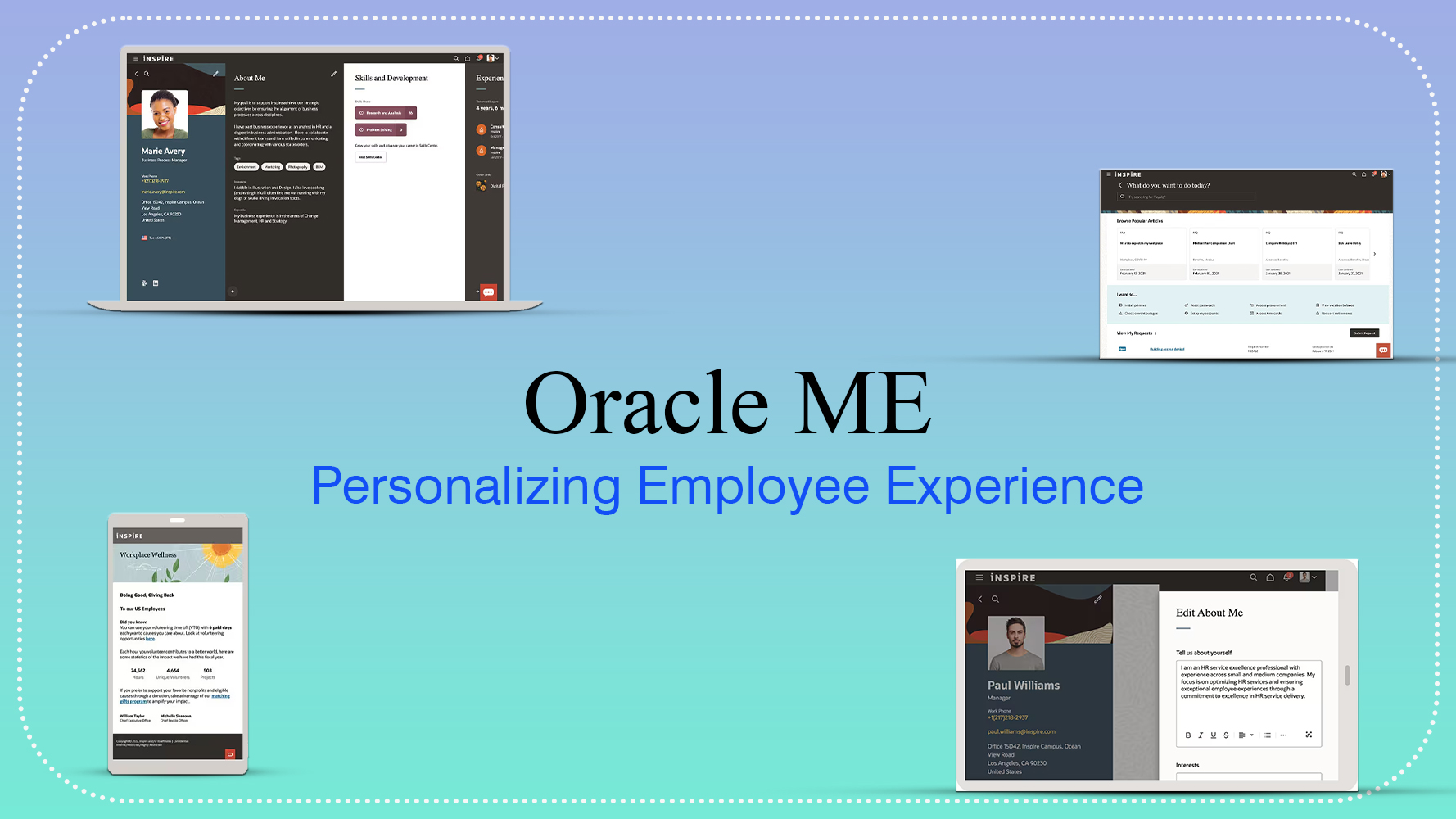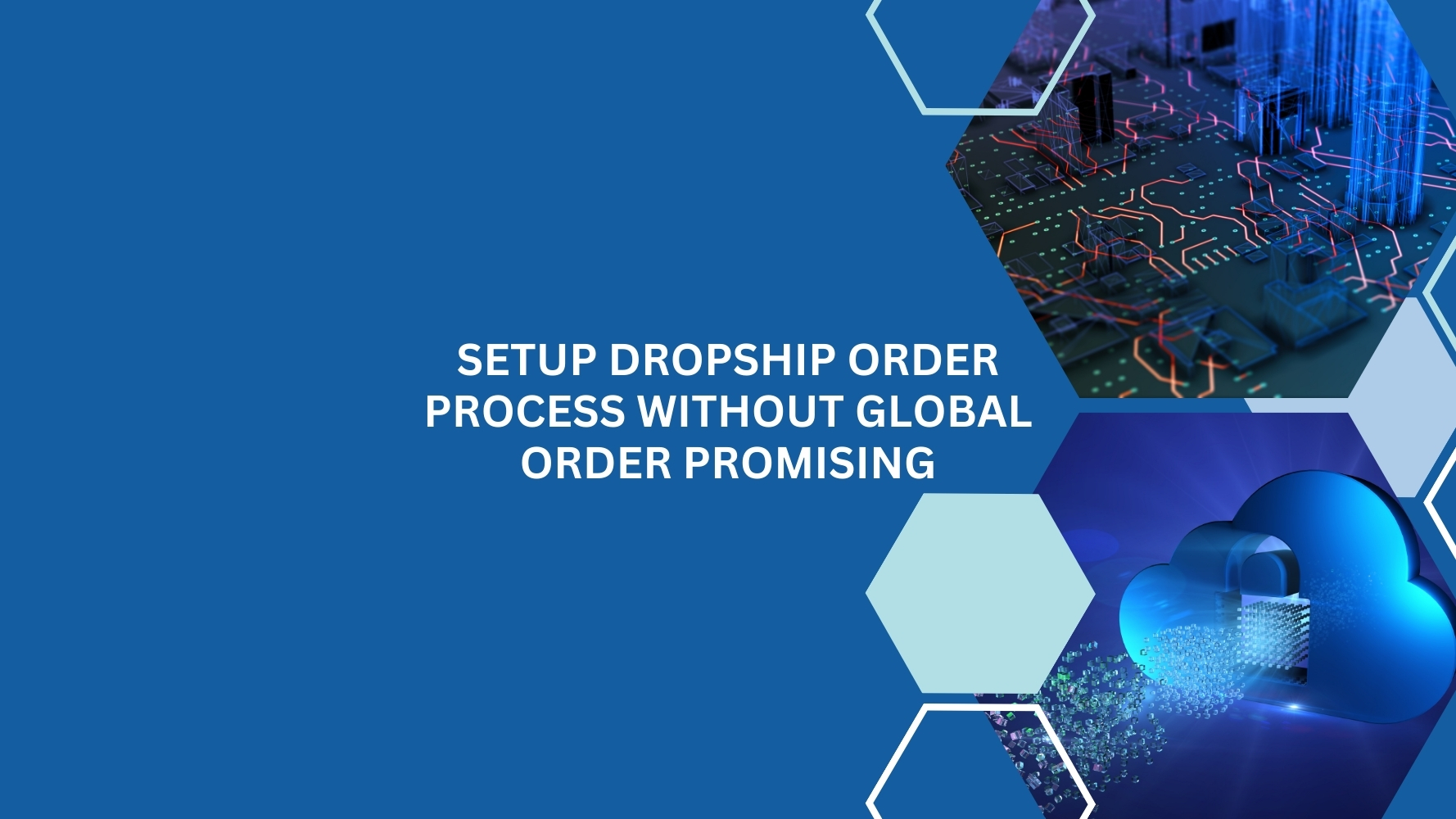In today’s fast-paced retail landscape, efficient order management ensures customer satisfaction and drives business growth. However, many retailers need help managing orders effectively. This blog post will explore five common retail order management challenges and provide 25 tips on resolving them using Oracle Cloud solutions.
Challenge 1: Inventory Inaccuracy
- Implement real-time inventory tracking: Use Oracle Cloud ERP to track inventory levels, ensuring accuracy and preventing stockouts.
- Leverage demand forecasting: Utilize Oracle Analytics Cloud to predict future demand and optimize inventory levels.
- Automate replenishment processes: Oracle Supply Chain Management will automate inventory replenishment based on demand and consumption rates.
- Conduct regular cycle counts: Perform physical inventory counts to verify accuracy and identify discrepancies.
- Integrate with suppliers for better visibility: Use Oracle Cloud ERP to connect with suppliers and gain real-time inventory levels and visibility on shipping status.
Challenge 2: Inefficient Order Processing
- Automate order entry: Use Oracle Cloud ERP to automate manual order entry processes, reducing errors and improving efficiency.
- Optimize order routing: Use Oracle Supply Chain Management to optimize order routing and delivery to minimize costs and improve delivery times.
- Implement pick-to-light technology: Use automated picking systems to improve order accuracy and reduce picking errors.
- Integrate with shipping carriers: Use Oracle Cloud ERP to integrate and automate shipping processes.
- Provide real-time order tracking: Use Oracle Analytics Cloud to give customers real-time updates on their order status.
Challenge 3: Complex Order Fulfillment
- Handle multi-channel orders: Use Oracle Cloud ERP to manage orders from multiple channels, including e-commerce, brick-and-mortar stores, and marketplaces.
- Manage returns and exchanges efficiently: Use Oracle Cloud ERP to automate returns processing and track inventory levels.
- Optimize fulfillment operations: Use Oracle Supply Chain Management to optimize fulfillment processes, including picking, packing, and shipping.
- Integrate with warehouse management systems: Use Oracle Cloud ERP to integrate with warehouse management systems for seamless order fulfillment.
- Leverage drop shipping: Use Oracle Cloud ERP to manage drop shipping relationships and automate order fulfillment processes.
Challenge 4: Lack of Visibility and Transparency
- Use real-time analytics: Use Oracle Analytics Cloud to gain real-time visibility into your supply chain and identify potential issues.
- Create a centralized dashboard: Develop a centralized dashboard to monitor key performance indicators (KPIs) and track progress.
- Integrate with IoT devices: Use IoT devices to track inventory levels, monitor shipments, and improve supply chain visibility.
- Conduct regular audits: Conduct regular audits of your supply chain to identify areas for improvement and ensure compliance with regulations.
- Share data with suppliers and customers: Use Oracle Cloud ERP to share data with suppliers and customers to improve collaboration and transparency.
Challenge 5: Limited Scalability
- Use a cloud-based solution: Oracle Cloud ERP provides the scalability and flexibility needed to support rapid growth and changing business requirements.
- Leverage micro-services architecture: Use Oracle Cloud Infrastructure to build scalable and modular applications.
- Optimize resource utilization: Use Oracle Analytics Cloud to monitor resource utilization and identify areas for optimization.
- Plan for future growth: Develop a long-term plan for scaling your order management systems to meet future demand.
- Partner with a trusted technology provider: Work with a trusted partner like Tangenz to implement and manage Oracle Cloud solutions.
Let’s look at this case study to understand better how Oracle Cloud ERP’s order management system can help retailers.
Case Study: How A Retailer Improved Order Management with Oracle Fusion Cloud
A leading retailer faced significant challenges with their order management processes. Manual order entry, inventory inaccuracies, and long lead times impacted customer satisfaction and profitability.
To address these challenges, they implemented Oracle Fusion Cloud. The solution provided a unified platform for managing orders, inventory, and supply chain operations. By automating key processes and gaining real-time visibility into their operations, they were able to:
- Reduce order processing time by 50%
- Improve inventory accuracy by 20%
- Increase customer satisfaction by 15%
- Optimize supply chain efficiency and reduce costs
Additional Tips for Effective Retail Order Management
In addition to leveraging Oracle Cloud solutions, retailers can also implement the following best practices to improve their order management processes:
- Optimize inventory levels: Use demand forecasting and replenishment tools to ensure you have the right amount of inventory to meet customer demand.
- Implement a robust returns management process: Make it easy for customers to return or exchange products, and ensure your returns process is efficient and cost-effective.
- Leverage technology: Use advanced technologies such as artificial intelligence and machine learning to optimize order management processes.
- Focus on customer satisfaction: Put your customers first and strive to provide exceptional service at every stage of the order fulfillment process.
- Continuously monitor and improve: Regularly review your order management processes and identify areas for improvement.
Conclusion
By addressing these five key challenges and leveraging the power of Oracle Cloud solutions, retailers can improve their order management processes, enhance customer satisfaction, and drive business growth.
Are you seeking personalized assistance to deal with your retail order management challenges?
Connect with our Oracle Cloud ERP experts at Tangenz to learn how Oracle Fusion Cloud can help you transform your retail order management operations. Contact now!







